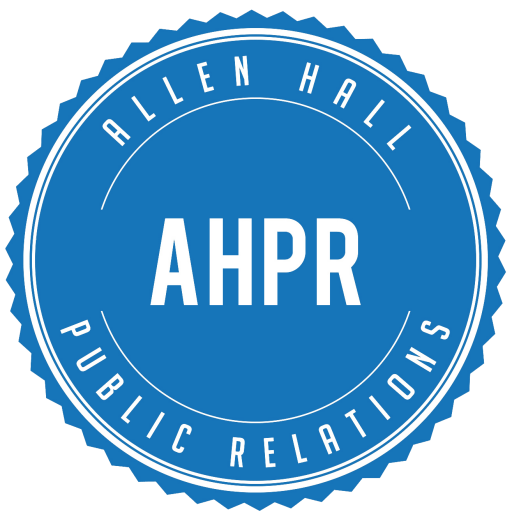Many people unfamiliar with public relations often relate event planning to Samantha Jones’ glamorous life as a PR professional on the Upper East Side. And while event planning can be exciting, loads of stress (and blood, sweat and tears) go into planning and hosting a successful event.
Recently, Erika Vogt, the SOJC events manager, shared her expertise with our firm and offered strategies and tactics to pull off a great event.
Set clear goals
First and foremost, a successful event involves setting clear, effective and measurable goals. Set your goals early, stick with them, and remember: each step in the planning process must correspond with them. While a performance by One Direction could be really fun, think about how it achieves—or doesn’t achieve—your goals. If a live performance does not correspond with your goals, nix the idea (but here’s to hoping it’s the perfect fit!).
Pay attention to timing
Start planning your event at least three to four months before its scheduled date. Research other events that may compete with yours, and avoid scheduling conflicts. If conflicts are unavoidable, find a way to set your event apart from the competition and appeal to your target audience.
Plan and promote
When planning your event, consider working backwards. Mapping your steps out in reverse chronological order can help you ensure all of the necessary components are addressed and planned for accordingly. Also, remember that face-to-face interaction is the most powerful means of promotion.
Evaluate success
Your client pays for a successful event and will need to evaluate his or her return on investment. ROI is data-driven, and you can use soft or statistical hard data as a measurable objective.
This final piece of advice comes from my own experience. It has been an essential component of all of my team’s work for Fred Meyer and the Special Olympics Polar Plunge, ranging from blog pitches to social media plans. And it has an especially important place in event planning:
Tap into your creativity
Don’t be afraid to try new things. Research what has been successful (and what hasn’t), and think about how you can incorporate these ideas into your event with a new spin. Creativity doesn’t mean reinventing the wheel; it just means adding your own flair.
Erika shared these useful tips, but a successful event needs even more. It will come from a self-confidence and belief that you can accomplish your goals. Perhaps most importantly, know that you don’t have to be Samantha Jones to establish yourself as a great event planner and successful PR professional. Allow these tips to guide you in the planning process and please share with us if you have any tricks of your own!
Olivia Gust is an aspiring public relations professional in the Robert D. Clark Honors College at the University of Oregon, where she is a journalism major and business minor. Her interest in public relations stems from her love of writing and passion for people. Upon graduation, she hopes to pursue a career in crisis communication or hospitality PR.

